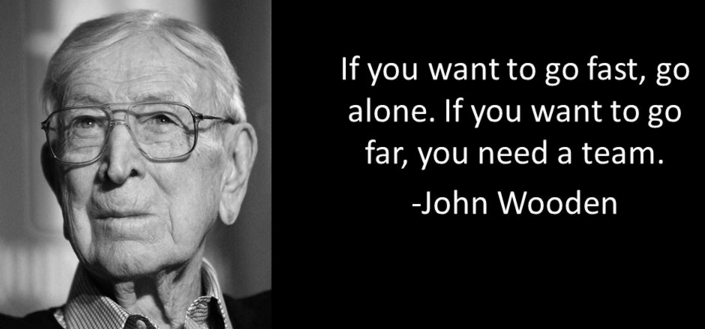Tag: persistence
What Has Been Your Biggest Career Mistake?
A lack of day-to-day persistence has been my biggest career mistake. Something I am always working on … persistence. Persistence is the key to success. Always keep up the effort as you will never know how close to success you may be. Think about your energy. It’s not just about what you like best, but…
People Management: The Best Tips and Hacks for Leaders
Ever wondered how the best leaders handle being at the top so effortlessly? The truth is, these highly successful people do stumble, worry, and doubt themselves, just like the rest of us. But they are very good at mastering the way they are perceived. The higher you get in a company, the less time you’ll…

Leadership Behaviors: 8 Keys to Game Changing Leadership Capabilities
Helen Keller once said: When one door of happiness closes, another opens. But often we look so long at the closed door that we do not see the one that has been opened for us. Have you ever given this Helen Keller quote any thought? Think about it for a moment. How does it play…